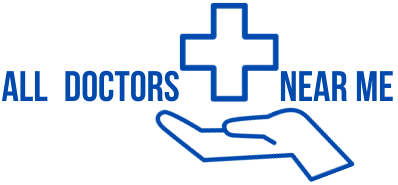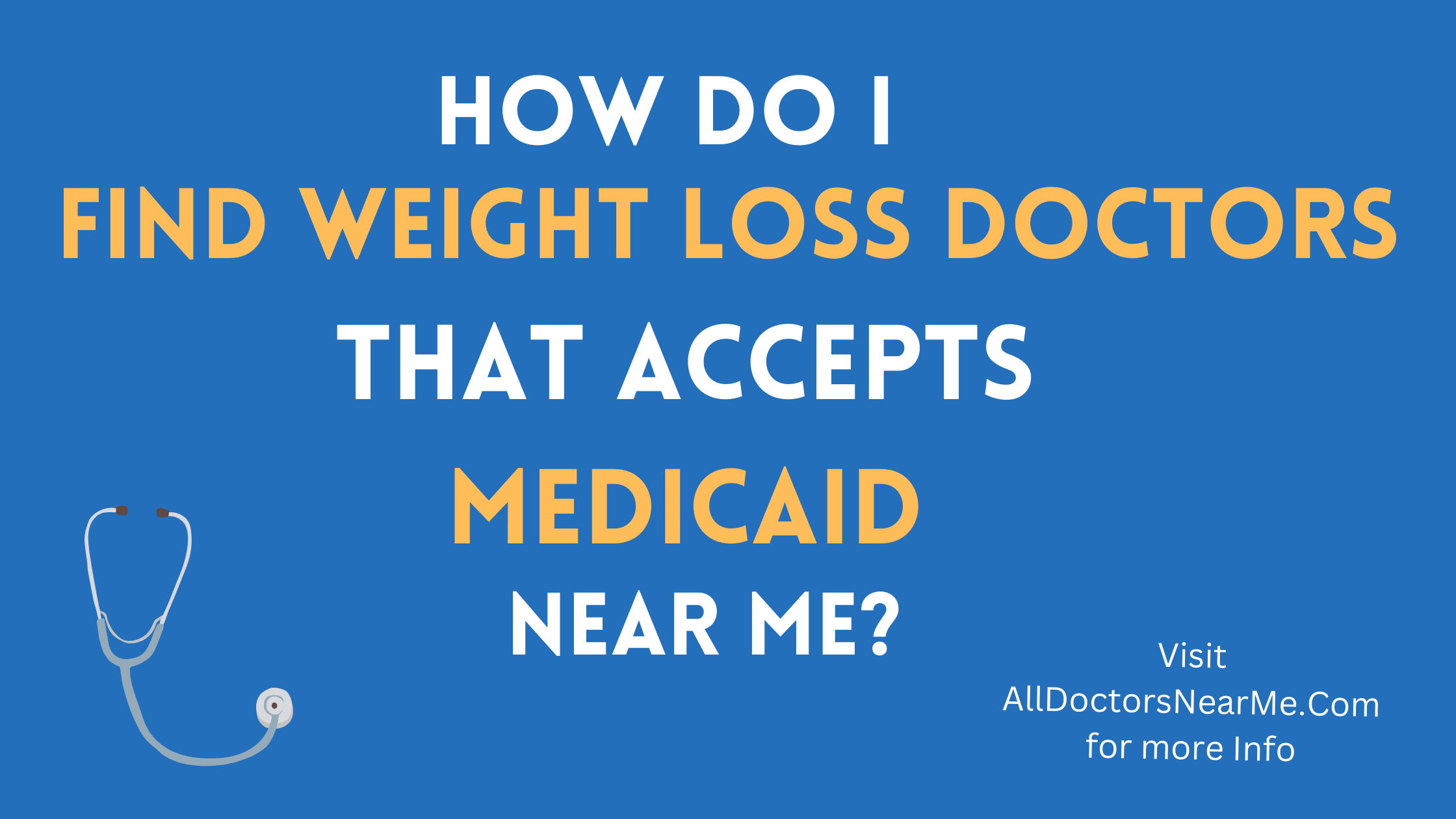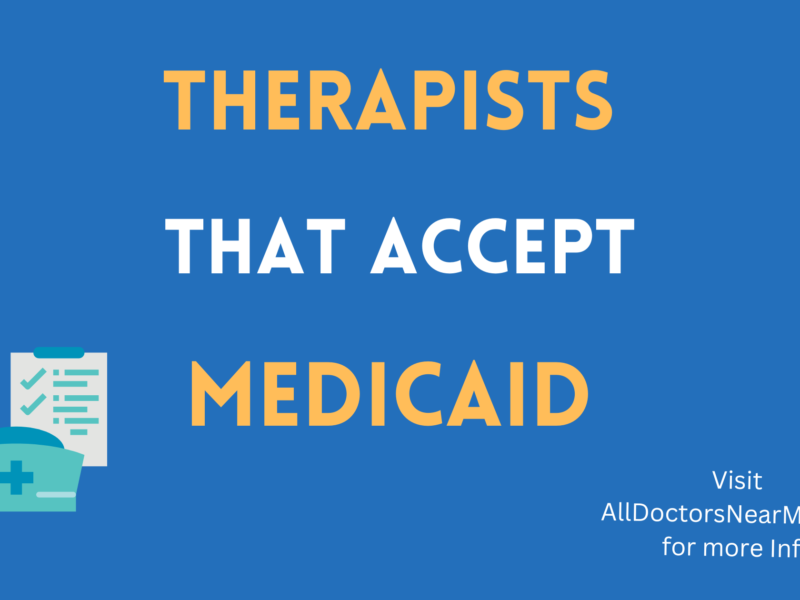Medicaid is a lifeline for millions of Americans, yet it remains one of the most misunderstood social programs in the country. Despite its pivotal role in ensuring healthcare access, myths and misconceptions about Medicaid deter many from fully understanding or accessing the benefits it offers.
If you’ve assumed Medicaid is low-quality, exclusively for the unemployed, or riddled with hurdles, you’re not alone. But these beliefs often stem from misinformation. This post is here to provide clarity, compassion, and meaningful insights about what Medicaid truly offers.
We’ll explore myths, uncover truths, and guide you in seeing Medicaid for what it truly is—a bridge to better health, well-being, and security.
Myths vs. Facts About Medicaid
Myth 1: Medicaid is only for the unemployed
Fact: Medicaid is not solely for those without jobs. While it offers essential healthcare support to unemployed individuals, it also serves children, pregnant women, seniors, individuals with disabilities, and even low-income working families. Many young professionals and households whose income qualifies can use Medicaid to supplement or replace private insurance.
Programs vary by state, but Medicaid is designed to support a wide range of circumstances. It ensures that access to healthcare isn’t dictated solely by employment status.
Myth 2: Medicaid offers low-quality care
Fact: Quality healthcare is at the very core of Medicaid. The program follows federally mandated guidelines to ensure consistent healthcare access. Enrollees receive care from licensed medical professionals, and many Medicaid-participating facilities are top-rated.
Studies have shown that Medicaid recipients report satisfaction levels comparable to individuals with private insurance. From routine checkups to emergency procedures, Medicaid strives to deliver quality care across the board.
Myth 3: Applying for Medicaid is too complicated
Fact: While bureaucracy can sometimes feel overwhelming, Medicaid’s enrollment process has become more streamlined over the years. Many states now offer online portals to make applying faster and more accessible. With the right guidance and preparation, the process can be quite straightforward, as we’ll explore later in this blog.
The Real Benefits of Medicaid
Medicaid provides more than just basic healthcare—it ensures comprehensive support that fosters long-term well-being. Here are some of the invaluable services it offers:
- Preventive Care: Regular screenings, immunizations, and annual checkups to keep you healthy and detect issues early.
- Emergency Services: Immediate medical care for acute health situations, including ambulance transportation.
- Long-Term Care: Inclusive of nursing home care, home-health services, and community-based support.
- Mental Health Services: Extensive access to mental health counseling, addiction treatment, and crisis support.
- Specialized Pediatric Care: Tailored support for children, including early intervention therapies and specialized equipment.
Consider these stories from Medicaid recipients who highlight its life-changing benefits:
“After my second child was born, Medicaid covered postpartum checkups and ongoing pediatric care. It was a weight lifted off our family.” – Sarah M., Wisconsin
“I was diagnosed with diabetes but didn’t have coverage. Medicaid helped me access medication and manage my condition before it got worse.” – James T., Georgia
These testimonials reflect how Medicaid safeguards health, offers financial peace of mind, and provides a safety net in critical moments.
Who Can Benefit from Medicaid?
Medicaid eligibility guidelines vary by state, but here are some of the key groups it supports:
- Low-income families: This includes both unemployed individuals and working families who earn below a specific income threshold.
- Children and pregnant women: Programs like CHIP (Children’s Health Insurance Program) ensure children receive the care they need. Pregnant women often gain access to prenatal and postnatal services.
- Elderly and disabled individuals: Medicaid assists with long-term care, rehabilitation services, and nursing home expenses.
- Young professionals: Many young adults, especially freelancers or those starting independent ventures, qualify for affordable coverage that includes preventive care and mental health services.
Whether you’re navigating early adulthood, managing family responsibilities, or entering retirement, Medicaid can prove to be a valuable resource.
The Positive Impact of Medicaid on Health and Financial Security
Research consistently highlights Medicaid’s profound effects on health outcomes and financial well-being. For example:
- Improved health outcomes: Studies show Medicaid recipients are more likely to receive preventive care, leading to early detection of chronic conditions like diabetes and heart disease.
- Reduced medical debt: By covering necessary treatments, Medicaid minimizes out-of-pocket expenses that could lead to financial instability.
- Lower hospitalization rates: Access to continuous care helps individuals manage conditions before they require urgent hospital visits.
Medicaid isn’t just about preventing illness; it’s about promoting a healthier and more stable future for its recipients.
Navigating the Enrollment Process
If you’re considering Medicaid, here’s how to get started with confidence:
1. Determine Eligibility
Visit your state’s Medicaid website to view income requirements and specific criteria for your demographic. Online calculators can help you estimate your eligibility.
2. Gather Documentation
Prepare essential documents, including proof of income, identification, residency details, and any relevant medical records.
3. Apply Online or Visit a Local Office
Most states offer user-friendly online portals. Alternatively, you can apply in person at a local social services office or by mail. Take your time to review each section thoroughly to avoid errors.
4. Follow Up Promptly
Certain applications may require additional documents or verifications. Respond promptly to prevent delays in enrollment.
5. Seek Assistance If Needed
Nonprofits, community health organizations, and Medicaid offices often provide free resources for applicants unsure about the process. Don’t hesitate to ask for guidance.
Take the First Step Toward Health and Security
Medicaid is more than a healthcare program—it’s an opportunity. By debunking myths and exploring the true benefits, we hope this blog has equipped you with a clearer understanding of its value.
If you or someone you know could benefit from Medicaid, take action today. Visit your state’s Medicaid website, share this post with someone who might need it, or start exploring the enrollment process.
Knowledge is power—empower yourself by exploring the possibilities Medicaid has to offer.


